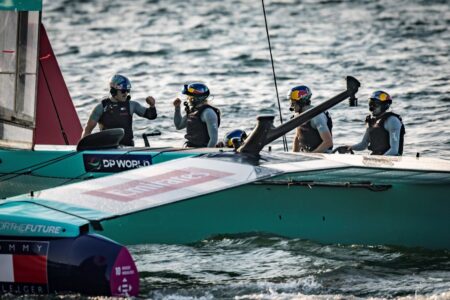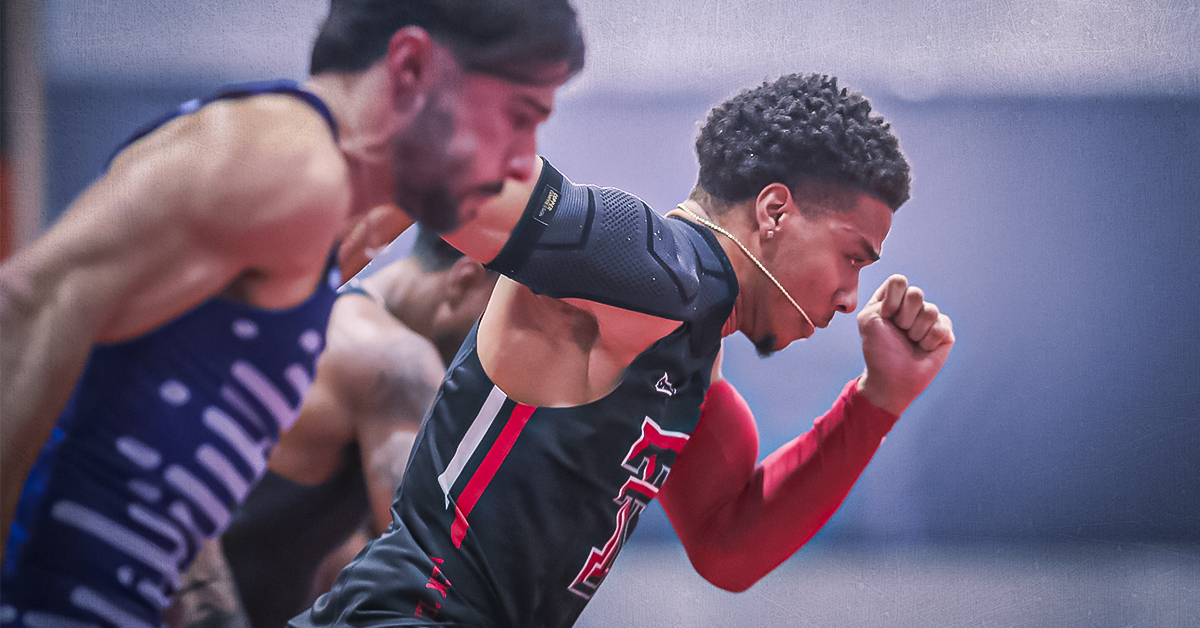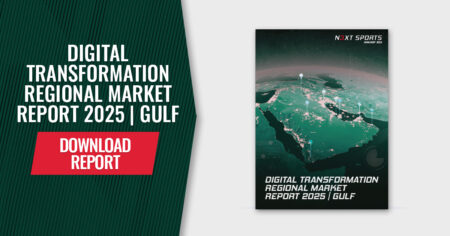Athlete engagement is an important cog in a professional sports body’s high-performance program, with many organizations leveraging their own athlete portals and membership programs to engage participants. By way of example, the International Olympic Committee (IOC) grants Olympians access to a variety of resources via its Athlete365 portal, which supports athletes on topics such as personal wellbeing, finance, and their individual Games program.
Meanwhile, many national governing bodies (NGB) are optimizing athlete pathways within their digital platforms by leveraging athlete-member registration portals at every level of their sports. According to N3XT Sports research, this trend is shaping the digital athlete experience across the US and will prove influential for its NGBs to engage grassroots and emerging sports talent – beyond its elite – during the build-up and after the Los Angeles 2028 Olympic and Paralympic Games.
For example, whereas every NGB for each of the LA28 Olympic sports represented operates its own dedicated web platform, more than four in five (83.8 percent) host an athlete-specific portal or membership program within their digital ecosystems, inviting athletes and other stakeholders to bring more people who play their respective sports into their digital athlete pathways.
Furthermore, this is proving instrumental in how national sports bodies connect their commercial partners with their digital subscriber base. In the US, five NGBs have formed a collaborative and strategic partnership to “unify their commercial rights to create a tantalizing singular platform for brands seeking meaningful engagement with approximately 350,000 diverse families around the country […] each deeply committed to athlete excellence and community values.”
The collaboration between USA Fencing, US Squash, USA Cycling, US Sailing and US Rowing – all of which leverage their own athlete-member registration portals – is called the “United Sports Collective”. Amanda Krause, CEO of US Rowing, said: “This collaboration amongst flourishing sports organizations will create a commercially attractive offering for partners seeking the opportunity to activate their brands across a vast community of sports families in the US.”

Digital infrastructure needs improvements to generate athlete pathways globally
Outside the US, investment into the digital infrastructure of emerging sports nations will market far-reaching benefits for their sporting ecosystems. According to findings in our recently published Digital Transformation Regional Market Report 2025, state governments in the Gulf region are pitching new opportunities for building inclusive environments around sporting events and urban infrastructure and is leading to more active populations and better quality of life.
According to 2023 data, whereas participation rates are higher among men in all aforementioned markets, nationwide initiatives are in play to increase female participation in competitive and recreational sport. In Saudi Arabia, 54.8 percent of men participate in sports versus 38.3 percent of women. Initiatives such as SAFF establishing a women’s national team in February 2022 following the rollout of the kingdom’s Women’s Community Football League in 2020 have led to over 70,000 girls training in SAFF centers. A transformation which is documented in the Destined to Play film available via the FIFA+ OTT streaming platform.
This participation gap can be closed more rapidly across both genders with the right digital infrastructure. Our research indicates that the majority of Olympic NGBs based within the Gulf states assessed do not yet integrate an athlete-member registration portal into their digital ecosystem (see graphic blow), while many do not have their own websites. This is a critical layer in the sports pyramid that must be linked between grassroots and elite sports.
By way of example, whereas a higher percentage of sports governing bodies own a strong digital and data maturity in the US, 47 percent of Olympic NBGs in Saudi Arabia – a nation vying to modernize its sporting ecosystems – incorporate an athlete-member registration portal within their digital infrastructure, whereas close to three in four (74 percent) own a dedicated website at the time of reporting.
Saudi Arabia’s commitment to sports is deeply rooted in our Vision 2030, where innovation and digital transformation redefine how we engage with fans and develop talent.
Abdulaziz Baeshen, CEO and Secretary General of the Saudi Olympic and Paralympic Committee (SOPC)
However, while the majority of Saudi Arabia Olympic NGBs may still be their infancy when it comes to collecting athlete data and enhancing the athlete experience, they are among the most sophisticated in the Gulf region. This presents a clear opportunity for state governments in the region and their respective sports departments to consolidate their athlete data – at all levels – via a combination of off-the-shelf, localized solutions and custom-developed solutions that are built from regional players.
“Saudi Arabia’s commitment to sports is deeply rooted in our Vision 2030, where innovation and digital transformation redefine how we engage with fans and develop talent,” writes Abdulaziz Baeshen, CEO and Secretary General of the Saudi Olympic and Paralympic Committee (SOPC). “Through the Olympic Movement, we are building a globally recognized sports ecosystem that unites communities and inspires a new generation of athletes.”
N3XT Sports is supporting the athlete community
In 2022, the Professional Footballers’ Association (PFA) appointed N3XT Sports to design and implement its data and digital transformation strategic plan for building a multi-functional, member-centric digital ecosystem. This included the deployment of the digital-only PFA Member Portal, connected with the fully integrated and scalable PFA Employee Portal and a custom-built Microsoft Dynamics customer relationship management (CRM) solution.
Since its implementation, the PFA Member Portal enables members to personalize their user experience (UX) and enhance their athlete interactions with the footballers’ union in four different languages. Now 100 percent paperless, PFA members no longer have to print out and fill in applications, nor do they have to scan, email, or post their paperwork to request services from the PFA.
As a result, member processing times have been dramatically reduced when completing and submitting requests for any of the PFA services, such as education grants, funding requests, and other applications. Furthermore, the development and integration of the PFA Players’ Directory within a digital-only, player-centric environment presented the foundations for The After Academy jobs platform, founded by Liverpool and England footballer Trent Alexander-Arnold.
The After Academy, born out of the collaboration between Trent and the PFA, helps former academy players to find their first step onto the career ladder outside of football. The platform, designed and developed by N3XT Sports, draws on the PFA’s ongoing digitalization, and has turned the PFA into a destination for members such as Trent to explore how the union’s data and digital transformation can serve the broader player ecosystem.
Our team at N3XT Sports works tirelessly to develop and implement data and digital transformation strategies across a multitude of sports properties at federation level, competition level, and club level. To find out more about how N3XT Sports can serve your organization, fill out the form below, and we’ll be in touch. Our goal is to drive the digitalization of the sports industry and our clients.




